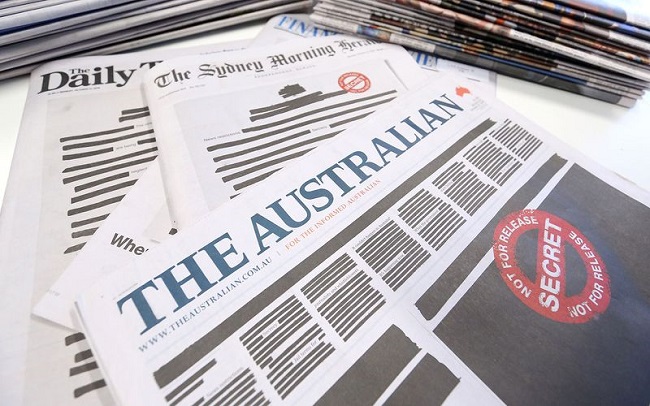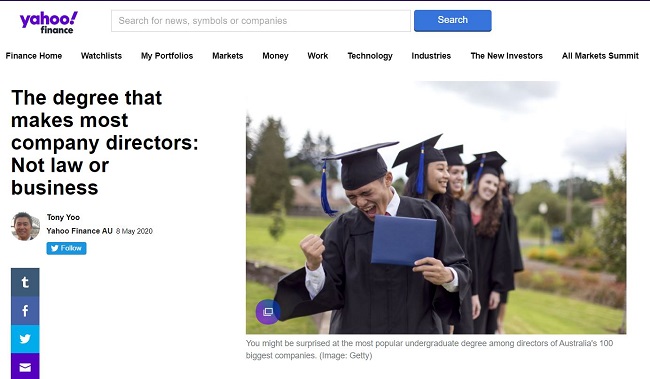by Georgina Hall
August 8, 2019
Public Relations
His time as Mayor of London and Foreign Secretary was punctuated by gaffes and saw him written off as a future prime minister. Against that backdrop, he has now done what many thought impossible – conducted a disciplined, strategic and relatively error-free campaign that built him more support than any other candidate.
Many suspect the invisible hand of veteran Australian political campaigner, Sir Lynton Crosby, who previously advised John Howard, has been an important factor in Johnson’s success. The two are known to be close.
Some are now suggesting the American-born Johnson may even have managed to tame the beast that is the British press on the way to the top. I wouldn’t bet on that but there were five clear communications tactics employed by team Boris 2.0 that saw him transform himself from laughable rogue to leader of one of the largest economies in the world.
Tell the truth
This doesn’t come naturally to Mr Johnson. In fact, I don’t think it comes naturally to many leaders. In the past, his campaigns and newspaper articles often included “un-truths”.
He has learnt, as many have, that lies will catch you out eventually. Paradoxically, he had turned his weaknesses into strengths by being honest about them, rather than trying to deny they exist.
In the digital age, the media will be quick to burn your credibility and put your reputation in danger. Time and time again we see examples of how it’s far better to admit some wrongdoing than to lie about it.
Keep it simple, stupid (KISS)
Despite his background, Boris does not speak in political-speak. He uses plain language. More importantly, he never makes more than three points.
His campaign focussed on one thing: Brexit. He has made it clear what he stands for.
Too often, leaders try to stand for many things and the message gets diluted in the process. Think what do you want to be known for? Then – stick to it!
Get in front
Boris’ chances of winning the contest were thwarted when his domestic extramarital affairs dominated the news agenda. More about that here.
He got in front of this story with a soft-focus photo with his partner – apparently all smiles again – sitting in a garden.
He gave the media something else to talk about.
Show your true colours
Johnson has proven likeable, willing to apologise and able to laugh at himself.
He has never been ashamed of his ambition: from building model buses to becoming “world King”.
He is somehow believable in the sense that he is good, harmless, and not to be feared. A leader fitting for 2019. We didn’t see him sledging his opponents. Political views aside – I admire that.
And repeat….
Never in history have we been so overloaded with information. It pays to repeat your messages again and again.
Johnson knew the audience he had to get across the line, and he targeted them fearlessly. He spent more time than ever before holding one-on-one meetings with other MPs. When former Prime Minister Theresa May announced her departure from Number 10 Downing Street, Boris swung into action but without making a splash about it.
Throughout the leadership election, Johnson kept a surprisingly low profile, spurning interviews and public speeches in favour of private meetings. Desperate to avoid his trademark gaffes, he said very little in public and kept most policy plans close to his chest.
Working out whom he needed to influence, and targeting them, worked for him.
He’s certainly used some communications tools to help him get to the top but whether he is a dude or a dud, only time will tell.
Britain now has its own BoJo, to match Australia’s ScoMo. A Conservative marriage made in heaven?
Find out more
If you would like to discuss this topic in more detail, please email Georgina Hall at Apollo Communications.
You can also read a copy of this article published on Linked here.
NEWS AND MEDIA

Freedom is anchored to a free press
Yesterda...
Measure and manage your Corporate Reputation

Suite 94 | Jones Bay Wharf
26-32 Pirrama Road
Pyrmont NSW Australia 2009



